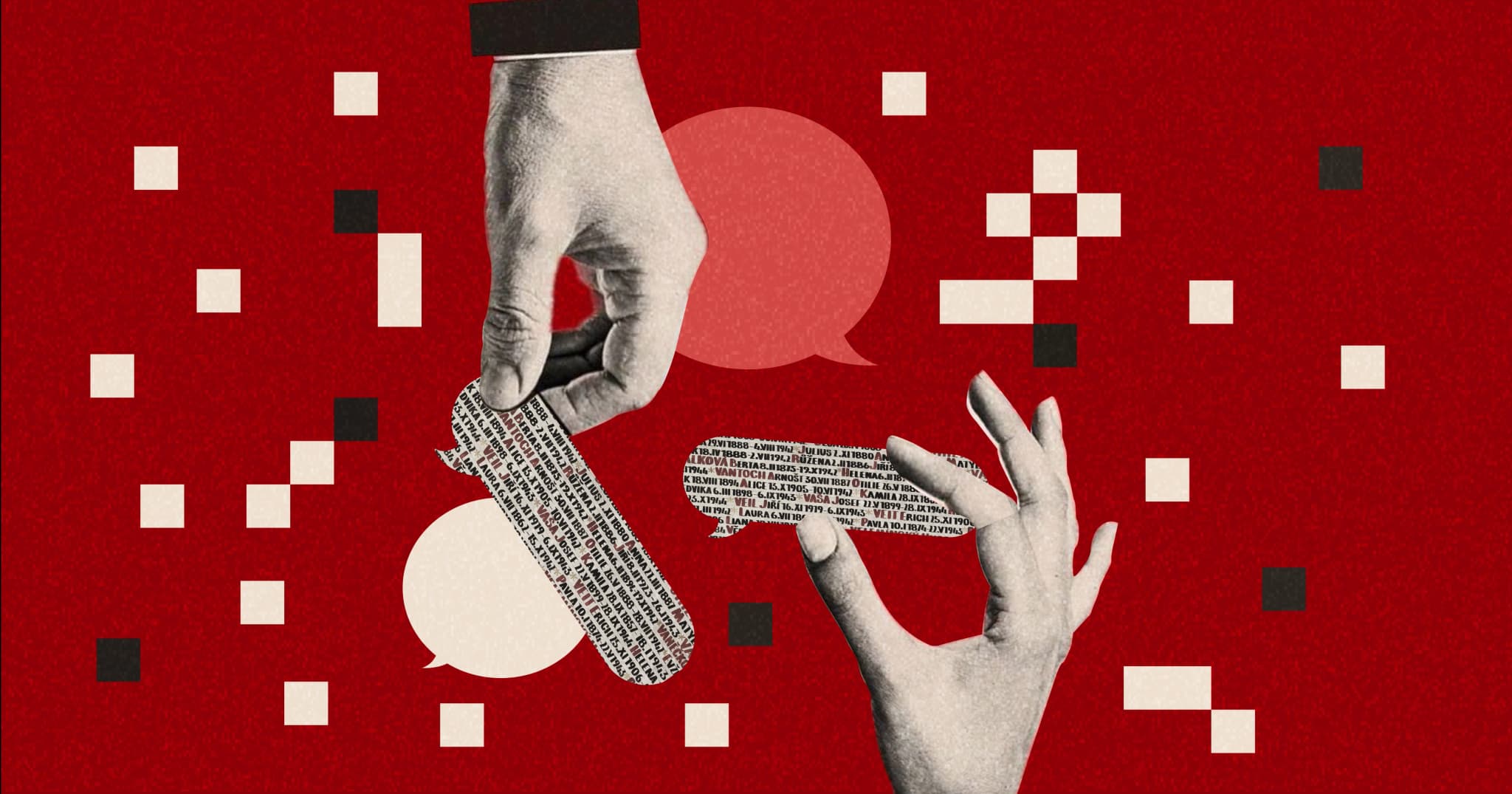From Instagram captions to tweets and even published blogs, the capital letter seems to be going out of style. This shift isn't just a fleeting fad; it's a reflection of deeper cultural and social changes at play. But what's driving this change? Let’s take a dive. ^^
*Disclaimer: this article is written keeping the proper rules of punctuation in mind. We mean no offense to anyone.
Back when I was a teenager, texting was how I brought school home with me. It was the only way my friends and I could keep in touch. For most of us, texting was more accessible than the internet. Flip phones were all the rage. The repetitive clickety-clack of the keys was music to my ears. I can still hear it.
I remember memorising the entire keypad by heart so I could text my friends with my eyes closed in the dark, at night.
‘R u awake r8 nw?’
Twenty years ago, texting was still up and coming. Critics feared that it would destroy the beloved English language. Of course, my teachers, too, were Team Critics.
"There are so many threats to the survival of good, plain English that it is not easy to be optimistic. Email has a great deal to answer for. Punctuation is no longer required and verbs are abandoned… Text messaging is worse—much worse." — Humphrys (2005), James Cochrane’s Between You and I: A Little Book of Bad English
Fast forward to 2024, my friends and I live on the internet. The critics have been proven wrong and dethroned. Most people still know how to spell (and without autocorrect). Being a grammar purist is frowned upon.
Texting has allowed us to communicate with each other more freely than ever before.
“The best part about texting is there are no rules laid down for us.”
Today, if you are someone who takes punctuating their texts seriously, you are at the risk of being regarded as needlessly uptight, intimidating, or slightly authoritative. Or all three.
In 2015, a research team led by Celia Klin, Professor of Psychology and Associate Dean at Binghamton University’s Harpur College, conducted a study with 126 undergraduates. Participants read exchanges presented as either text messages or handwritten notes. The exchanges included invitations phrased as questions, with one-word affirmative answers (Okay, Sure, Yeah, Yup). Some responses ended with a period (.) while others didn’t. Text messages ending with a period were perceived as less sincere than those without.
Texting lacks many of the social cues used in face-to-face conversations, such as eye gaze, facial expressions, tone of voice, and awkward or deliberate pauses. According to Klin, these elements are crucial for conveying social and emotional information in speech. Since these are absent in text-based conversations, people rely on alternatives like emoticons, and deliberate misspellings that mimic speech sounds and punctuation.
Language has always evolved with global culture over time. For the longest time, the capitalized ‘I’ didn’t exist in Old English (5th century AD - 1066 AD), and only first appeared in England with the reign of Middle English (1066 AD - 1485 AD). Many languages still don’t use capitalization, barring French and German. So, why does English? Unfortunately, there’s not a single explanation that satisfies all language historians.
The term 'capitalize' derives from 'capital,' which originally referred to the 'head' of a group or a tribe, symbolizing status, wealth, assets, and social advantages. The word implies individuality, self-assurance, authority, and the aspiration to succeed independently. A capitalized ‘I’ validates a person's unique first-person perspective (selfhood) and satisfies their Ego (center of consciousness) in written English.
In other words, it is excellent for formal and corporate communication. But outside of it? It might be losing the game.

Texting in lowercase comes off as far more chill and intimate. Friendly boundaries are laid. You wouldn't dare text your boss a late-night 'what up' unless your boss was also your friend. The relationship dynamic we share with other people sets the tone for mutual communication. This is what's so special about texting even today, despite all the confusing abbreviations and slang. Even then, Urban Dictionary has got your back anyway.
Back to the point at hand—the more comfortable you feel expressing an idea, the better you communicate. It is a matter of personal style and an extension of people’s personalities at large.
Some may even express their thoughts differently depending on who they are texting, the context of their text, and how they want the tone of the speech to be conveyed. We’ve all heard of code-switching. Code-switching is the practice of alternating between two or more languages or dialects in a conversation. This is common with non-native speakers.
Naturally, I am prone to code-switching and so are you.
“Creativity follows naturally when you have room to play with form and structure.”

While more and more young people are texting in lowercase, the absence of proper capitalization can be unsettling for some. It requires additional mental effort to decode and read the words clearly, and thus, takes a learning curve. For others, it’s simply unthinkable. ‘Wreck and sabotage the rules of Standard English for Gen Z? Not on my watch, sire.’
Perhaps that is when you learn to take a step back. Rethink your typing habit and make changes to accommodate others, advises sociolinguist Lauren Collister. The same applies to anyone who can’t deal with a misplaced comma. People often come around, when they don’t get through to others. Human connections will always be raw and unnervingly beautiful, thriving out of places often overlooked.

.webp&w=2048&q=75)

